Modular: How to Introduce Kids to Tabletop Role-Playing #1: Picking a System and Genre
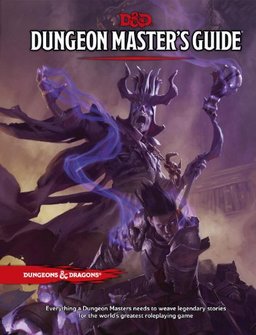
It’s Christmas. You’ve got everybody together. Perhaps you’ve all watched Stranger Things and now you have the urge to dust down your dice, dig out the Dungeon Masters’ Guide and introduce whatever kids just happen to be lying around to the imaginative world of your youth.
Or perhaps in a fit of nostalgia, you made a Christmas present to yourself of a recently published role-playing game, but the only available players right now are under 12. Or perhaps you’re like me, a life long player, and this is just a good moment to share the joy.
So how do you go about introducing kids to tabletop role-playing?
Really very easily, as it happens. The youngest child I’ve GM’d for was my 5-year-old-daughter when she crashed a party of 9-year olds, found all the traps and made off with the loot. Having done this a few times and talked to other gamer-parents, I’ve noticed a few things…
(Geek and Sundry beat me to the punch on this one (link), but my take is slightly different.)
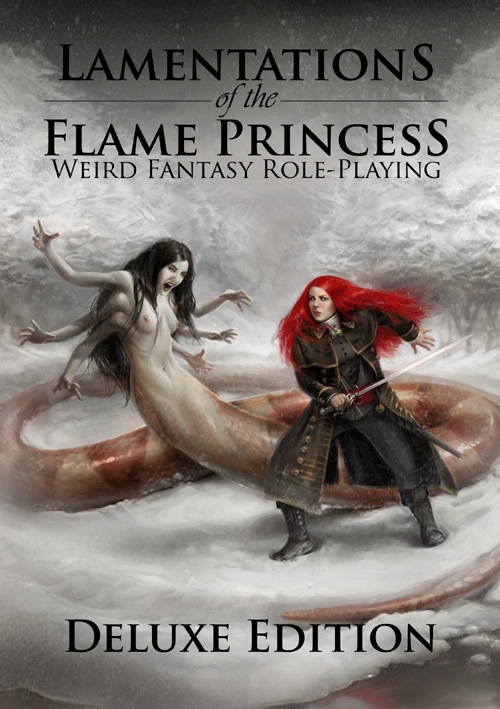
Like most novices, and like most role-players of any age, kids come to the table wanting to feel (a) empowered and (b) engaged.
Unlike adult role-players, kids also want to feel (c) grown-up while they do all this — over a certain age and their arrow points to joining you in the adult world, and this is an opportunity to do it.
Take Care in Picking the System
Obviously it must be one you’re confident with, so you won’t have to spend fidget-inducing and thus disengaging minutes looking stuff up. However, familiarity — which you can fix — is less important than picking the right system.
Skip games like Talisman that emulate role-playing but aren’t actually role-playing. Some of these are much less fun if you haven’t already role-played, and those of them that are fun aren’t actually role-playing, the concept of which requires no easing in because it’s easy to explain: “It’s like a video game, except instead of the console there’s me with a pile of maps and dice.”
Also, don’t bother with watered-down visibly child-friendly rules with big cheerful pictures — there are a couple of these knocking around — because they miss the point about role-playing being attractive because it’s a grown-up hobby, and also because even quite young kids can turn out to be ruthless little blighters when you pour them into an adult skin (see my experience with kids and Diaspora). Instead, look for something that’s visibly grownup… though perhaps not, cough, Lamentations of the Flame Princess.
However, grownup isn’t the same as complex. Avoid games with mechanics that are nit-picky or unintuitive, as in don’t simulate the game’s reality in a predictable way. If the rules are hard to follow, or don’t make sense, then kids — and most people, actually — will feel disempowered and then disengaged. The focus shifts from solving the adventure to the understanding the rules. Like Bagpus, the miniatures will become just miniatures, and the character sheets just bits of paper.
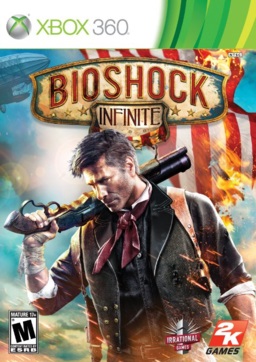
Stay clear of not just rule-heavy games, especially bloated crud you have left over from the 1980s — remember Space Opera, anybody? — but also modern “lite” ones where the story layer overwrites the simulation layer. For example, games based on Gumshoe have a core mechanic of reflecting expertise through a dwindling pool of skill points which doesn’t make in-character logical sense (no matter how well it simulates the genre or is fun to play). However, I’ve found that kids cheerfully handle anything like cheat or stunt points as long as they boost rather than supplant the simulation. So games based on Fate Core are fine, as are the OneDice systems.
Did I mention OneDice? Initially created to support a daughter’s interest in gaming, they are child-friendly without being childish, and self-contained enough that a child will feel comfortable GMing with them — this is my 9-year-old daughter’s plan for 2017. Though perhaps not as elegantly abstracted as Fate, they manage to be both gritty and lite, and their books cover most genres — which takes us to…
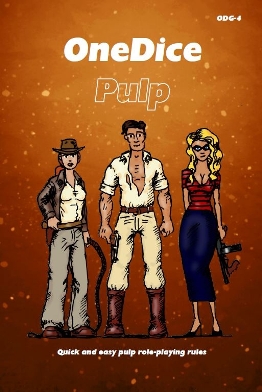
Don’t Worry Too Much About Genre
As long as the players can relate to it, and understand what’s going on well enough to make sensible decisions.
This is all easier than it might seem. First and foremost, you need to be age-appropriate.
That doesn’t mean you have to play morality police. Sure, it’s common sense to avoid things that might disturb them (or upset their parents if they are not yours) — e.g. hide the notorious Traveller Book 9 “Courtesans and Companions”, and avoid games that rub their noses in police forensics, or position the players as ruthless or evil.
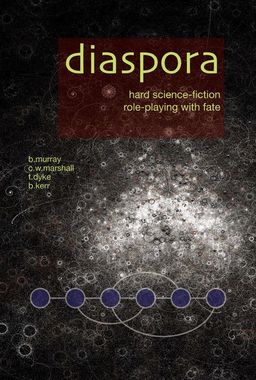
However, your main reference point should be the video games they actually play or the books they quietly read, which is a nice way of saying that they’ll want to be able to shoot — or fireball — people in the head and you shouldn’t stop them by insisting on games with a “sharing and reconciliation” type conflict resolution (assuming these exist?).
Those reference points, plus TV shows they like, should give you a sense of what concepts they can relate to.
For most kids, this will be action adventure with some mystery solving. Games about nuanced byzantine politics or personal growth aren’t likely going to hack it — but that should be obvious, right? However, some politics is OK, because, school. You can also get away with some personal growth, as long as it’s melodramatic, because a lot of cartoons use this as a comedy trope.
The actual setting?
This really doesn’t matter very much because just about anything you might want to use can be described in terms of TV and video games.
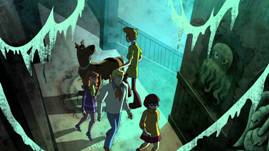
For example, most space adventure that isn’t actually Star Wars is “Like Star Wars but__” or “Like imagine when Han Solo was young but__”. Or, “Like Halo but__” Anything like Dungeons and Dragons is “Like Adventure Time/Rangers Apprentice/Beast Quest/fairy tales/King Arthur stories/Indiana Jones but__”.
Cthulhu Mythos-inspired games are, according to my daughter, “Like Scoobie Doo but when you pull off the bad guy’s mask there are worms”, or else again, “Like Indiana Jones but__”. And Steampunk is “Olden days plus mad inventors” or “Like that game you shouldn’t be playing”.
So essentially, pick a system you can run, that they will understand, with content that won’t freak out anybody that matters. Once you’ve done that, it’s worth thinking about how you’ll run the game itself.
I’ll get to that next week. In the meantime, have you GM’d for kids? Which system did you use? How did it go?
M Harold Page is the Scottish author of works such as Swords vs Tanks (Charles Stross: “Holy ****!”) NOW AVAILABLE IN OMNIBUS EDITION! For his take on writing, read Storyteller Tools: Outline from vision to finished novel without losing the magic. (Ken MacLeod: “…very useful in getting from ideas etc to plot and story.” Hannu Rajaniemi: “…find myself to coming back to [this] book in the early stages.”)
You mention Talisman. Is that an RPG? I thought it was just a board game.
And along that line, what do you think of board games as a gateway into tabletop RPGs? As I wrote here at Black Gate, I found Dungeon! and the D&D Adventure Board Game Series as good front doors into the worlds of fantasy and the concepts of role playing.
Of course, the ‘role playing vs. roll playing’ distinction is probably relevant to that.
And I’m not even old enough for Lamentations of the Flame Princess yet!
It is! Talisman is a boardgame rooted in RPGs.
We’ll have to agree to disagree on RPG influenced boardgames… I do think they are a good thing in their own right, but at the same time, I think it’s fine to just jump right in. Children seem to get the concept of RPGs without the intermediate steps.